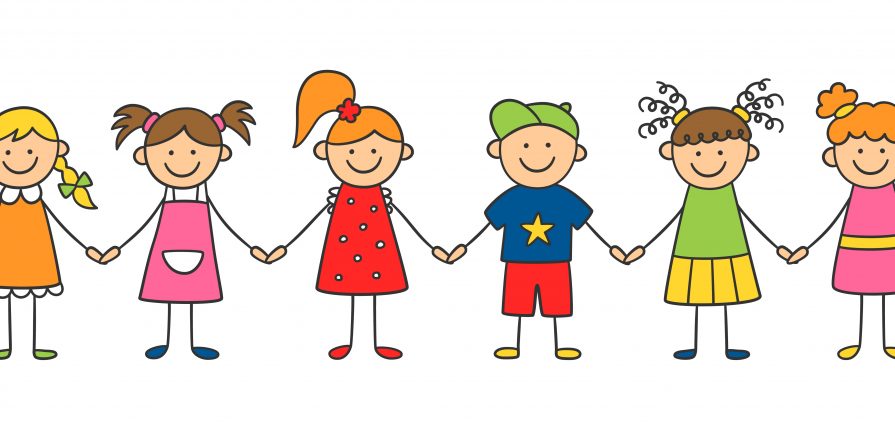Have you ever wondered how different countries’ governments take care of children and support families, and how do people in those countries view that support? A recent study explored this topic in six European countries: Czechia, England, Finland, Norway, Poland, and Romania. In the article, “Legitimate child protection interventions and the dimension of confidence: A comparative analysis of populations views in six European countries” Professor Marit Skivenes and researcher Mathea Loen discovered that most people in these countries trust their child protection systems.
This study used the data from over six thousand survey responses, and its main aim was to understand how much trust and confidence people have to the child protection systems. Some of the measures that the authors apply in this research to understand trust and confidence better are competency, fairness, respectfulness, discrimination, and moral alignment.
Which System Do People Trust More?
Child protection systems are like the superheroes of the government. They step in to make sure children are safe and families get the support they need. There are two main types of systems in these countries:
- Risk-Oriented System: Imagine this as a superhero who only shows up when there is a major danger. This system focuses on protecting kids from serious harm. It only gets involved when things are really dangerous for the child and family. Countries like Czechia, Poland, and Romania use this system.
- Family-Oriented System: This superhero is always around, offering help and support to families before things get too tough. This system gets involved earlier, trying to improve family situations from the start. England, Finland, and Norway have this kind of system.
The study found that people living in countries with a family-oriented system, like England and Finland, usually trust their child protection systems more than those in countries with a risk-oriented system. Why? Because family-oriented systems are generally seen as more friendly and helpful.
Different Opinions on Government Help
Most people trust their child protection systems, but this also differs by country. For example, people in England and Finland trust their systems more, while people in Romania and Norway trust theirs less. In countries like Finland and Norway, people have strong opinions about how much the government should help families. Some believe the government should do a lot to protect kids, while others think the government should not interfere too much in family life, meaning that this topic also represents an important societal debate.
Why Should We Care?
To trust the child protection system, it is important for citizens that those who work for the child protection system are respectful, treat people fairly and equally, and that they know a lot about how to protect children and their families. It also helps that the citizens agree with the system about how to protect the children.
Trusting child protection systems is very important for a stable and happy society, and for the proper work of those systems. When people believe these systems work well, they feel confident that the government is doing a good job keeping children safe and supporting families. This trust helps make the whole welfare system function better.
This study gives us a peek into how different countries handle child protection and support for families. It shows why trust in these systems is so important and gives us ideas on how to make them better. By understanding these differences, we can learn how to make child protection systems more effective and trusted by everyone.
In our Short Reads series, we publish concise summaries highlighting key points from our latest publications. You can also explore our previous news articles and access the full open-access publications here.


